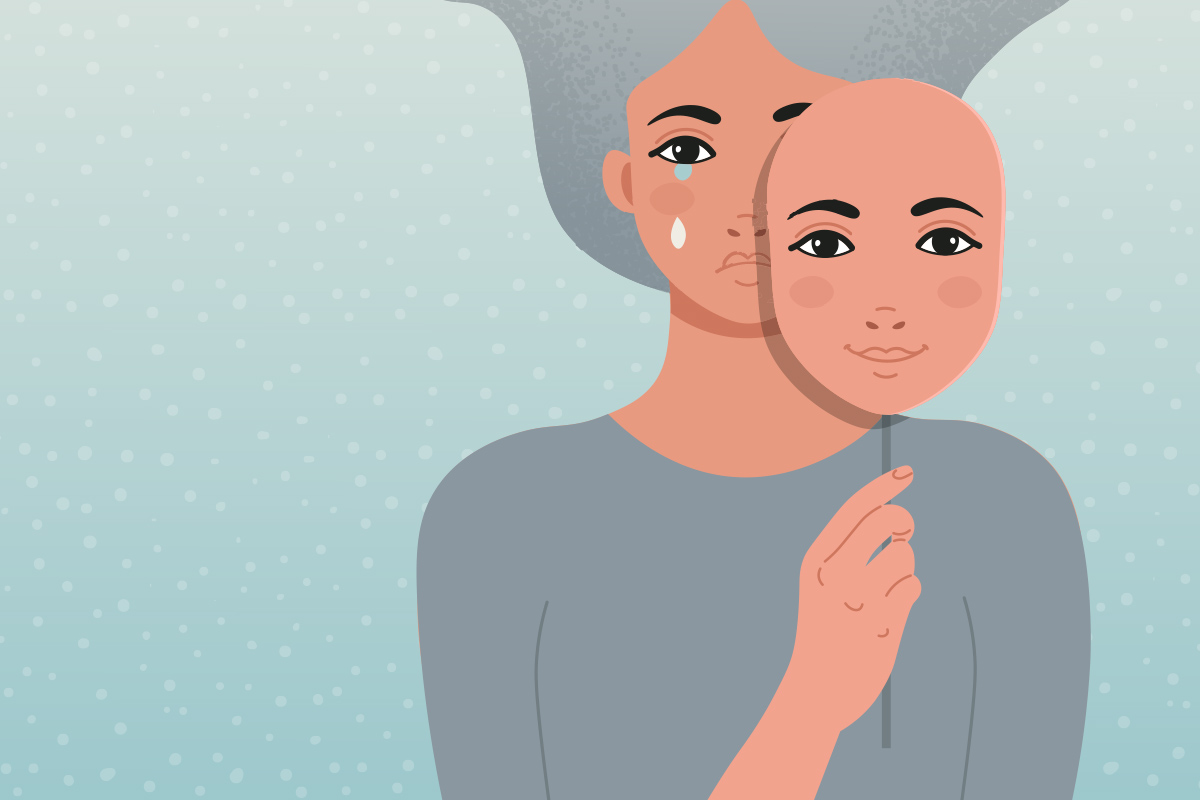
How Laughter Improves Your Health
The phrase “laughter is the best medicine” is widely known, but how did it come about? What are the reasons behind its presumed healing properties? Apparently, there’s some science behind this old saying. Laughter really does have the ability to boost your wellness! Not only can it improve your mood, it can also encourage blood flow, heighten your immunity, increase your intellectual performance, and set you up for a better night’s rest.1
Tomorrow is National “Let’s Laugh” Day. Make some time to go down to a comedy club or to watch your favorite comedy at home. As you’ll soon learn, a little joy can go a long way!
Blood Flow Benefits
Laughter can actually impact your physiology. To examine this, the University of Maryland Medical Center invited volunteers to watch funny and disturbing movies. While watching the movie that produced mental stress, the group developed a reduction of blood flow from the narrowing of their blood vessels. The opposite reaction was observed when they watched a movie that made them laugh. Their blood vessels dilated which increased blood flow.
The endothelium, the inner lining of the blood vessels that is expanding or constricting, plays an important role in cardiovascular health. It’s plausible that laughter can help keep it healthy which, in turn, can help reduce the risk of cardiovascular disease.2
Immunity
Stress is known to lower your body’s ability to protect itself. Positive, stress–reducing thoughts can release neuropeptides that help fight stress and potentially more serious illnesses.3 In addition to that, a study on laughter therapy found that laughing increases the number and activity level of natural killer cells that attack viral infected cells and even certain kinds of tumor and cancer cells.4 This means that laughter can naturally beef up your body’s defense mechanisms. Those are some powerful benefits!
Intellectual Performance
Have you ever sat down to an exam, a difficult assignment, or a meeting, and felt too anxious to really give it your best? Laughter can help you improve your intellectual performance because it helps relieve your anxiety! In an experiment that tested this concept, participants who were exposed to funny cartoons before a mathematics exam performed better than participants who did not have this exposure.5 When anxiety cannot impair your thinking, it is easier to perform intellectual tasks.
Better Sleep
Because laughter stimulates blood circulation and helps your muscles relax, physical symptoms of stress are allowed to dissipate.3 Reducing your stress levels can help your body reach the state of relaxation it needs in order to fall asleep and to sleep more restfully. A key finding among studies that examined laughter therapy and its effects on depression and sleep was that once a week was insufficient. Laughter therapy provided more than twice a week was shown to improve both depression and quality of sleep in participants.6
It seems the old saying has some merit! Even if some of its effects are minor or gradual, there’s no doubt the body can benefit from a good laugh. Read up on more interesting health topics and stay in-the-know by subscribing to our monthly newsletter!


























